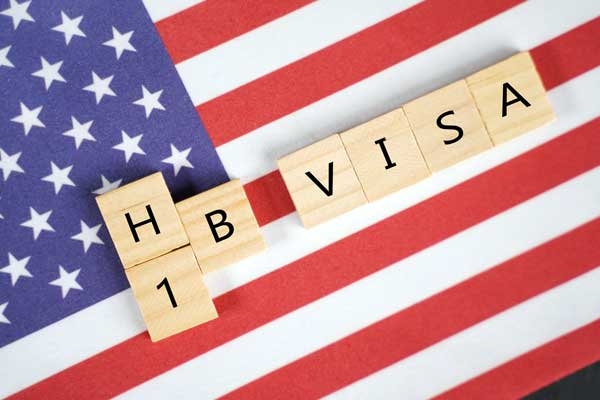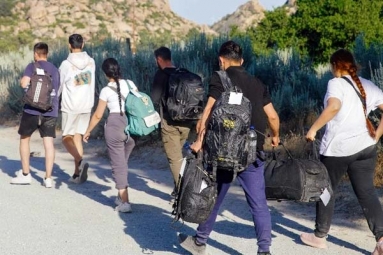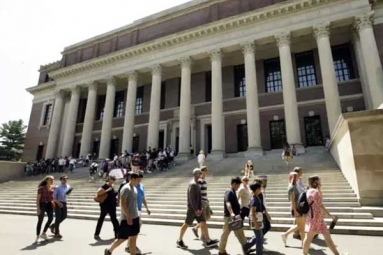
(Image source from: Canva.com)
The United States is making major changes to its H-1B visa program on Friday, January 17th. The updated rules allow highly skilled workers to remain in the United States based on their employment status, one of the latest immigration policy reforms. The administration of outgoing President Joe Biden. The H-1B visa program, which has been instrumental in attracting talent from around the world, is undergoing several updates to modernize its structure and address ongoing challenges. The United States Citizenship and Immigration Services (USCIS) said on its website: “The H-1B final rule modernizes the H-1B program and its oversight, as more than 70 percent of H-1B visas are issued to Indian skilled workers. In 2023, owners will benefit significantly from these changes.
Key Changes To H-1B Visa Rules:
Definition of “Profession”: The new regulations update the definition of “profession” by revising the criteria for eligible positions. This clarifies that degree requirements are typically and not “always” required and allows for a broader range of qualifications where they are directly related to the job.
Fairer lottery process: Stricter measures prevent organizations from submitting multiple bulk applications and ensure a fairer system.
Smooth Transition for F-1 Visa Holders: Students with an F-1 visa will experience fewer challenges transitioning to H-1B status.
Faster Processing: USCIS will expedite H-1B supplemental petitions to reduce delays for employees and employers.
Greater Flexibility for Employers: Companies can hire H-1B workers based on their specific workforce needs and support dynamic workforce planning.
Opportunities for Entrepreneurs: Entrepreneurs who own a controlling interest in a company can now apply for an H-1B visa if they meet stricter requirements.
Enhanced Compliance Protections: USCIS' expanded on-site visitation powers, including inspections at workplaces, remote locations, and third-party sites, are designed to prevent abuse. Failure to verify the information during the inspection may result in rejection or cancellation of your H-1B application.
New Petition Form: To improve compliance, a new, updated Form I-129 will be required effective January 17, 2025. This form is intended to simplify the petition process.
Expanded criteria for exemption from the cap: Research-oriented organizations are now eligible for exemption from the cap based on clearer definitions that replace the previous vague guidelines.
Additionally, a big change is on the horizon: H-1B visa holders will soon be able to extend their visa without having to return to their home country. This is likely to help Indian engineers holding H-1B visas in the US.
Will H-1B Visa Policies Shift Under Donald Trump's Administration?
While some factions of the Republican Party favor stricter immigration controls, including limited programs like H-1B, US President-elect Donald Trump has recently expressed support for high-skilled immigration. “I have multiple H-1B visas for my property. I believe in H-1B. I used it many times. It's a great plan,” Trump told the New York Times in December 2024.
Earlier, during his first term as president, Trump limited access to foreign work visas and criticized the program.







